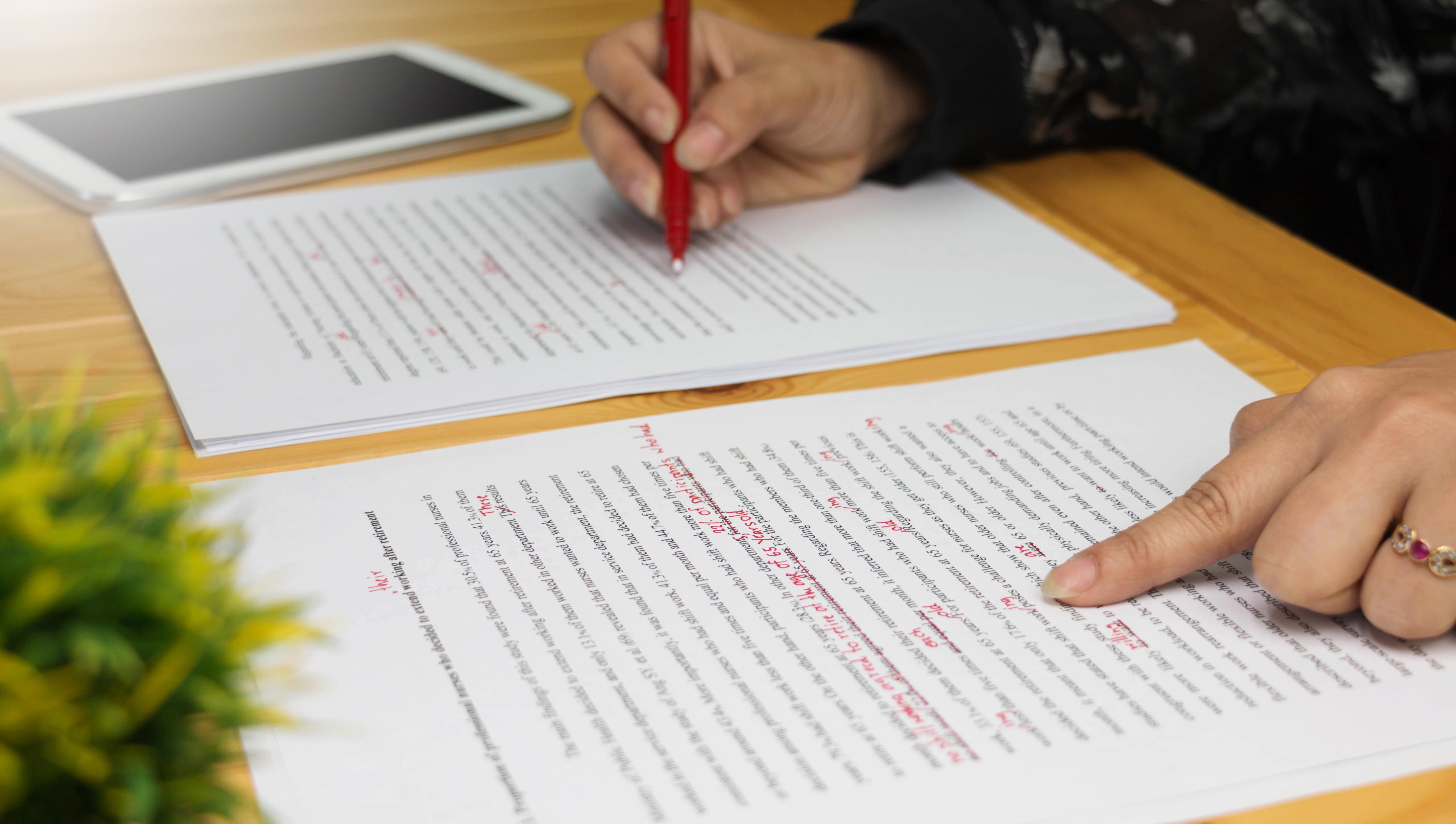As far as psychologist Tom Stafford is concerned, typos typically owe themselves to over-consideration much more than incompetence. “Conveying meaning,” Stafford posits, “is a high-level task.” One that often ensures things that require less brain function go unnoticed. If you are a frequent offender like myself, you might be tempted to take this postulation as the final word.
Typos and grammar mistakes are indeed commonplace, especially in the world of internet journalism, but even if your penchant for them is inspired by intellectual over-activity, some reconditioning is advisable.
Cognitive psychologist Julie Boland and sociologist Robin Queen conducted several studies that suggest typos have a sizable and negative impact on perception, regardless of what informs them.
Jane Vignovic and Lori Foster Thompson, two psychologists at North Carolina State University, performed similar experiments in the past — discovering that recipients who receive emails rife with grammatical errors are more likely to deem the writer less intelligent and even untrustworthy.
Typos and grammar mistakes
Typos are viewed by many as the more defendable of the two errors mentioned above.
Duplicated words, missing words, or even the rearranging of letters in a word all imply fragmented focus. Radiologist, Martin Lotze explains that creative writing utilizes a different part of the brain than reading and processing words does, which sometimes makes editing in the moment difficult. Because we already know what we are trying to convey when reading our own work, our brains tend to fill in missing pieces — if there are any. We’re so intimately familiar with our words we become blind to any flaws as they hit the page.
To avoid this, Stafford recommends we write in a font we are not familiar with so mistakes pop out more readily (a trick veteran journalist Lucy Kellaway employs before publishing each and every piece). Additionally Eric Brown of Mic.com recommends we take frequent breaks when writing, as fresh eyes are less immune to errors of execution.
The how-to piece penned by Brown concurrently cites the methods adopted by Virginia Woolf to avoid mistakes energized by imaginative passion. She would allegedly write on an angled desk, enabling her to get a close-up and far away view of her work before publication. Although Woolf is a writer I probably reference too frequently, her mention provides a welcomed pinch of solidarity.
Grammar mistakes, however, are a little different. While it is true that typos often express a certain degree of unprofessionalism, grammar mistakes advertise a lack of literacy that is particularly harmful to establishing a sense of authority in a writer’s work.
Grammatical errors, a crime that can certainly be committed by well-read and intentioned writers, simply have a harder time in court. A former colleague of mine once said: “The fall of civilization began when we stopped being bothered with the difference between their, there, and they’re.” Pretentious sure, but the reasoning is sound.
To a reader, a failure to address dramatic misspellings or confusions of meaning is to state arrogantly: Please take the time to read my work even though I haven’t spent the time ensuring its clarity. Because of this, grammar needs to be allotted special attention.
I think Tom Stafford’s charitable assessment explains most instances of mistakes in professional writing. I might add a slightly less charitable amendment — The same way brilliant writers can succumb to oversight, lesser writers can rise to the level of exceptionalism with the virtues of patience and consideration.
Write with conviction, step away with sobriety, and proofread with focus.
Originally published on Ladders.
Sign up to receive daily news, inspiration, and advice on how to master work and life from Ladders.
Follow us here and subscribe here for all the latest news on how you can keep Thriving.
Stay up to date or catch-up on all our podcasts with Arianna Huffington here.


